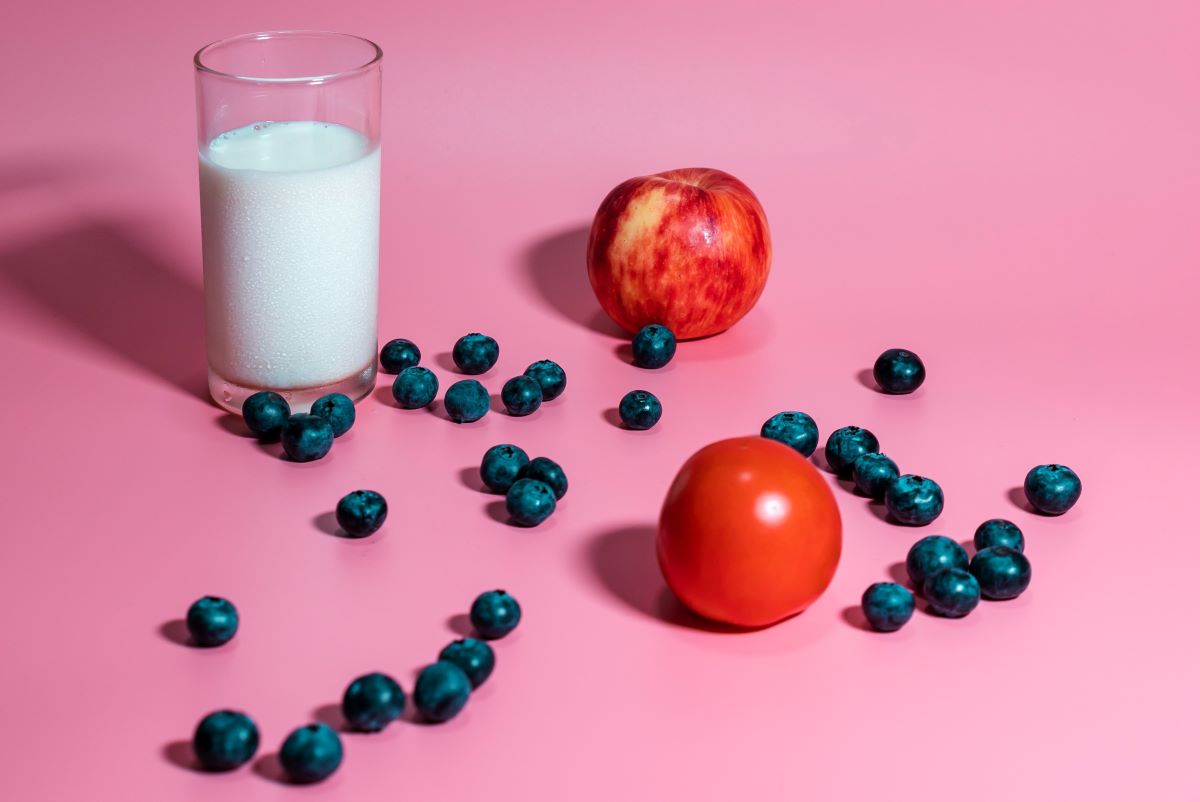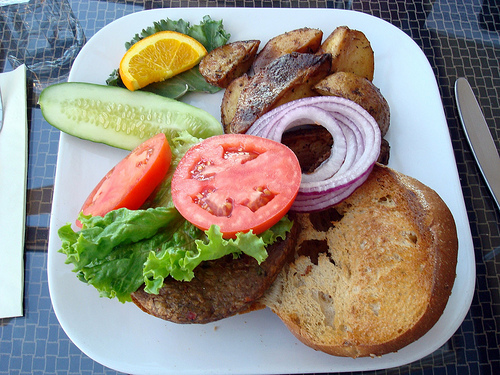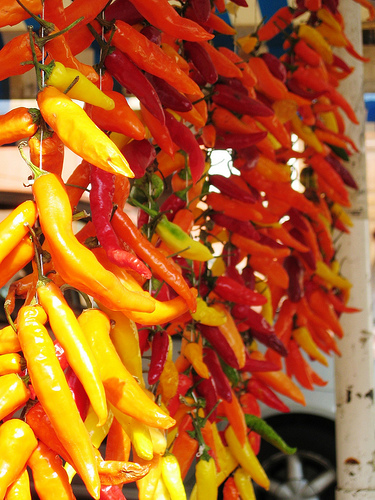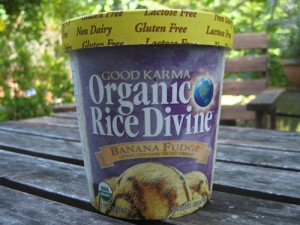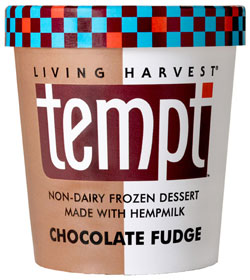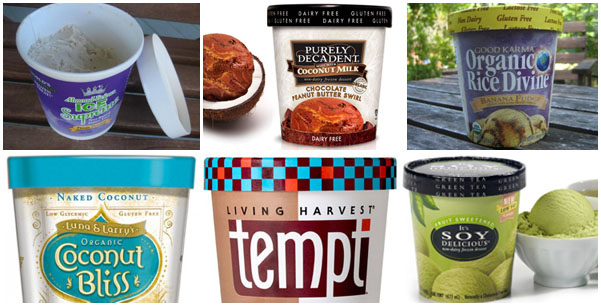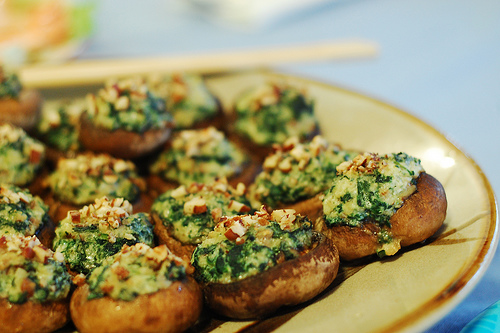Table of Contents
Diving into dietary patterns can sometimes feel like exploring a maze. From vegan to dairy-free diets, choices are abundant, each with its unique rules and benefits. While both diets avoid dairy products like milk, cheese, and ice cream, they differ significantly in other aspects.
Essentially, vegans do not consume animal products, which naturally includes all dairy. However, being dairy-free does not mean avoiding other animal products like meat or eggs. Therefore, while all vegan diets are dairy-free, not all dairy-free diets are vegan.
So, vegan vs dairy-free: what’s the difference? Keep reading to find out!
Quick Answers
Do Vegans Eat Dairy?
No, vegans do not eat dairy. The vegan diet strictly rejects all animal-derived products, including dairy, which is most commonly come from cows, sheep or goats. This stance stems from ethical concerns about the use of animals in the dairy industry and the associated environmental and health impacts. The process of obtaining this milk often involves practices vegans find ethically unacceptable, such as animal testing and the treatment of dairy animals.
If something is vegan, does that mean it’s also dairy-free?
Yes, if something is vegan, that means it’s also dairy-free! As mentioned, vegans avoid all animal products, and dairy is a product of animals. This means that vegan diets are inherently dairy-free.
If something is dairy-free, does that mean it’s also vegan?
No, if something is dairy-free, that does not necessarily mean it’s also vegan. A dairy-free label does not automatically exclude other animal products. For example, a person following a dairy-free diet might still consume meat, eggs, and honey. This could be due to food allergies, lactose intolerance, or other dietary preferences. Thus, while all vegan foods are inherently dairy-free, not all dairy-free foods are vegan.
Overlap of Vegan and Dairy-Free Diets
Both vegan and dairy-free diets eliminate dairy from their food choices. They both avoid all dairy products, including milk, butter, cheese, cream, and yogurt. People who follow either diet could choose to not eat dairy for varying reasons, from dietary-intolerances to ethical and environmental reasons. Dairy-free and vegan diets both encourage the use of plant-based products while choosing ingredients.
Foods That Are Both Vegan and Dairy-Free
There are indeed many food items that are both vegan and dairy-free, enabling those who choose to follow both dietary approaches plenty of variety in their meals.
These foods, inherently plant-based, are free of animal-derived dairy products.
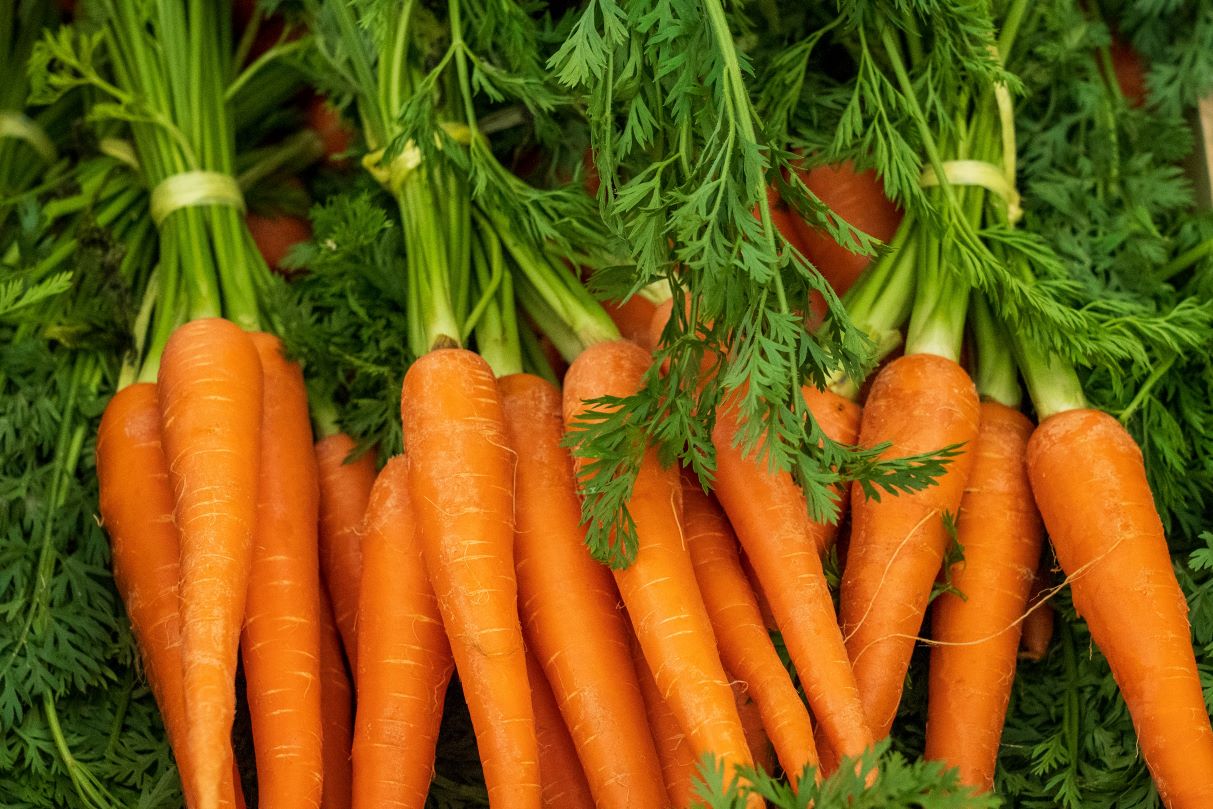
Vegetables
Vegetables are naturally both vegan and dairy-free. They provide essential nutrients without violating vegan or dairy-free principles. Be aware of pre-packaged or canned vegetables that might contain sauces or seasonings that aren’t vegan or dairy-free.
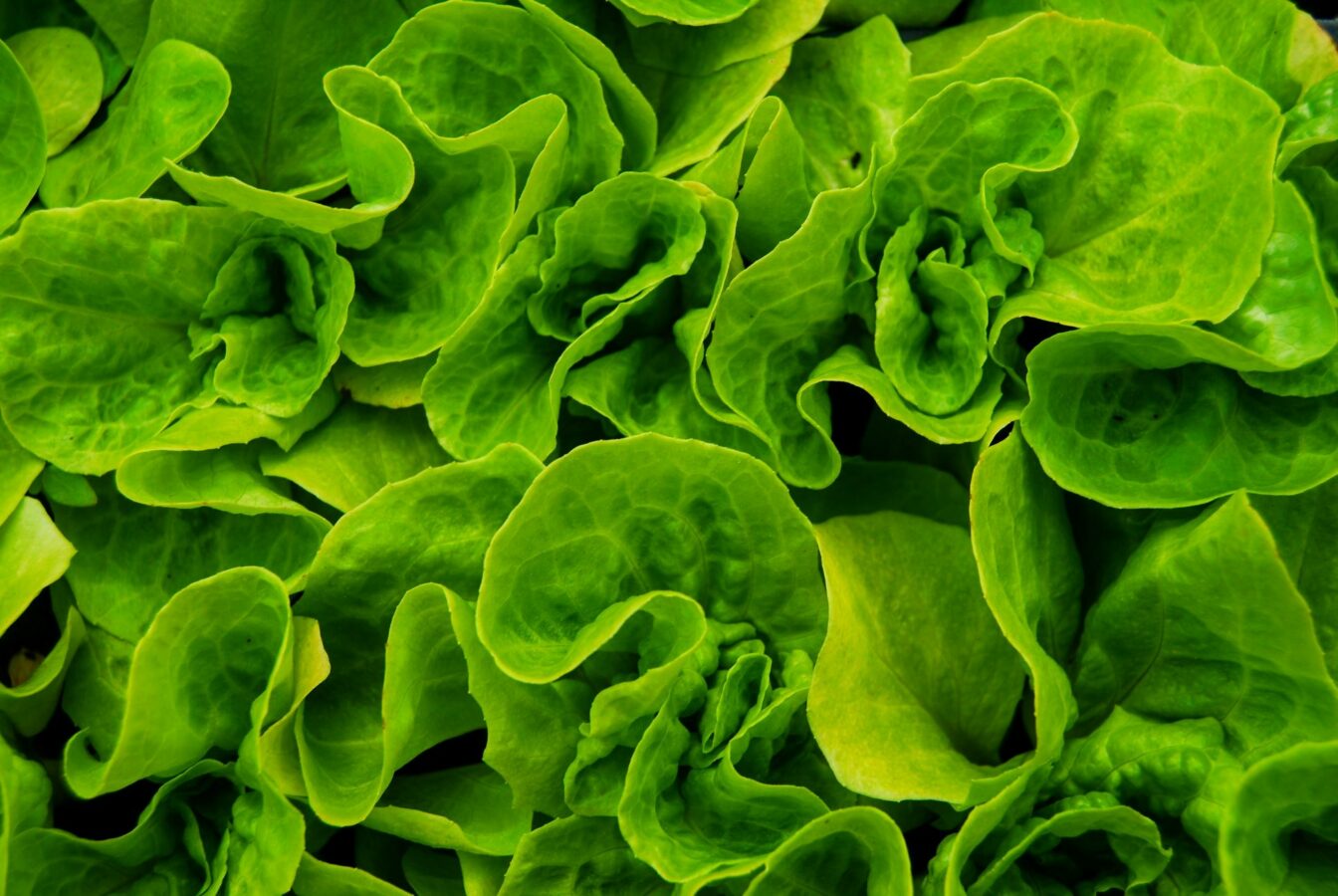
Leafy Greens
Leafy greens like spinach, kale, and collard are vegan and dairy-free. They are rich in vitamins, minerals, and fiber, which benefit overall health. When buying pre-packaged salads, be cautious, as dressings can contain hidden animal-derived or dairy-containing ingredients.
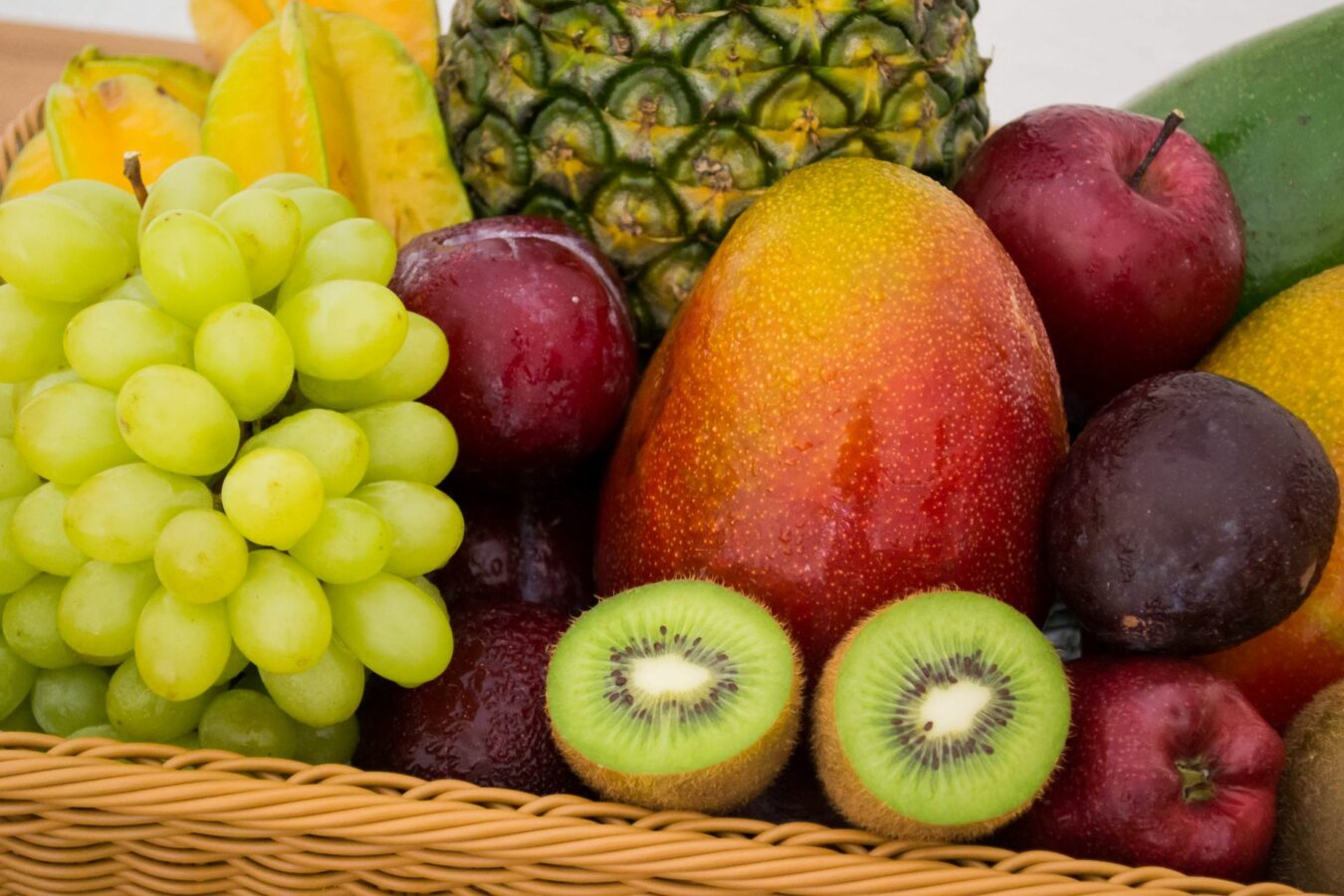
Fruit
All fruits are vegan and dairy-free. From apples and oranges to berries and bananas, fruits are a fantastic source of vitamins and dietary fiber. Be careful with processed or canned fruits, as they can have additives or syrups that might not align with a vegan or dairy-free diet.
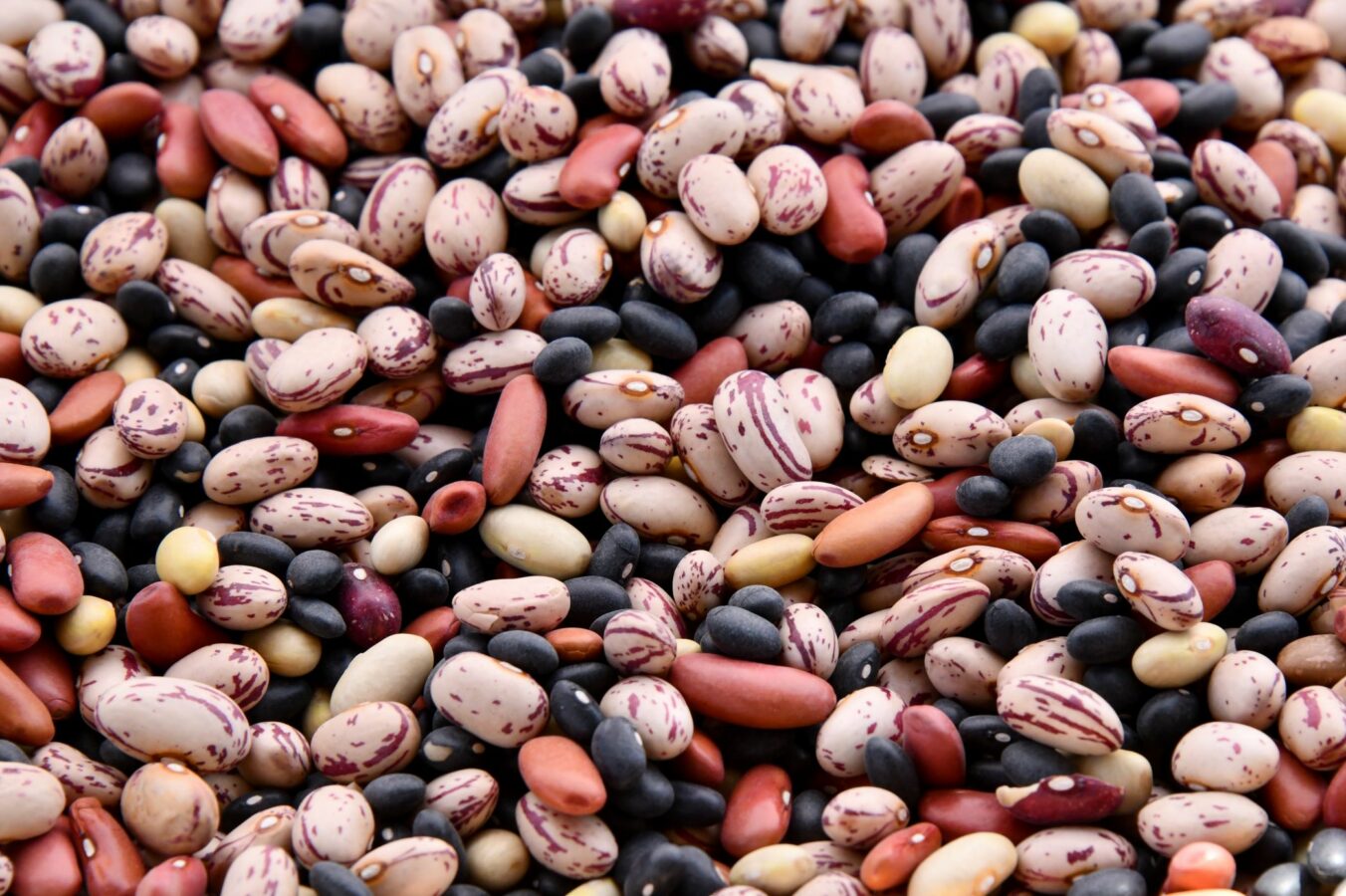
Beans & Legumes
Beans and legumes are a staple in many vegan diets due to their high protein content. They’re also dairy-free, making them an excellent food choice for those following both diets. Examples include lentils, chickpeas, black beans, and peas.
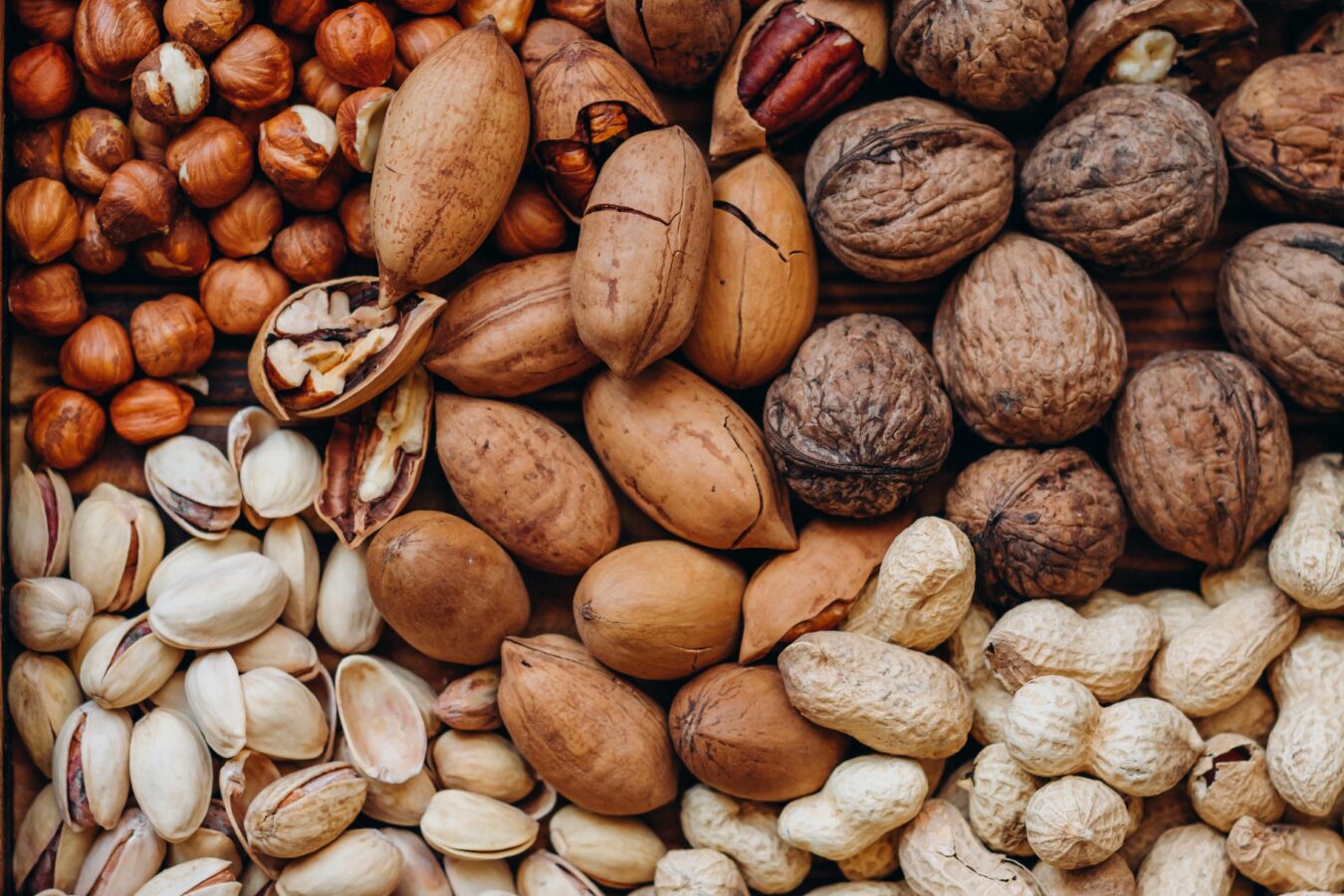
Nuts & Seeds
Nuts and seeds are nutrient-dense foods that are both vegan and dairy-free. They provide healthy fats, fiber, and plant-based protein. Some examples include almonds, cashews, flaxseeds, and chia seeds.
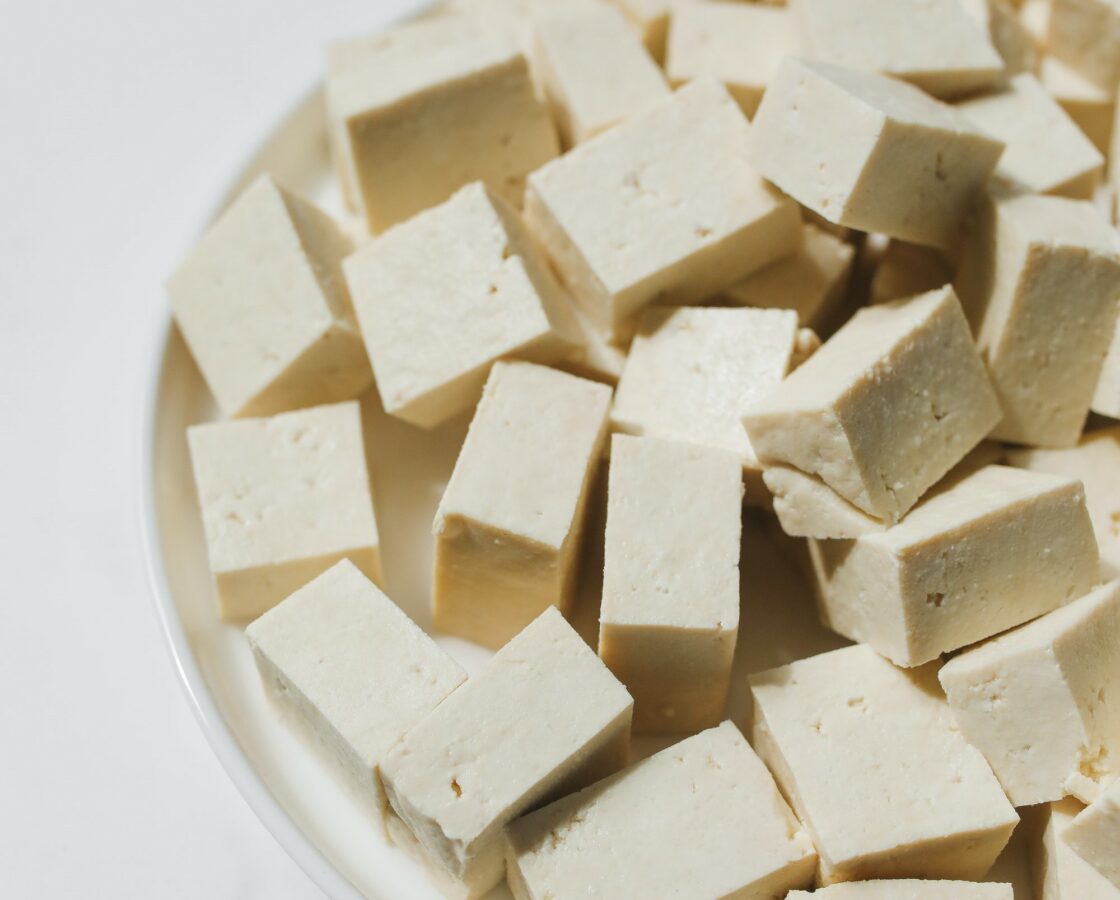
Tofu
Tofu, made from soybean curds, is a vegan protein source that’s also naturally dairy-free. It’s versatile and can be used in a variety of dishes.
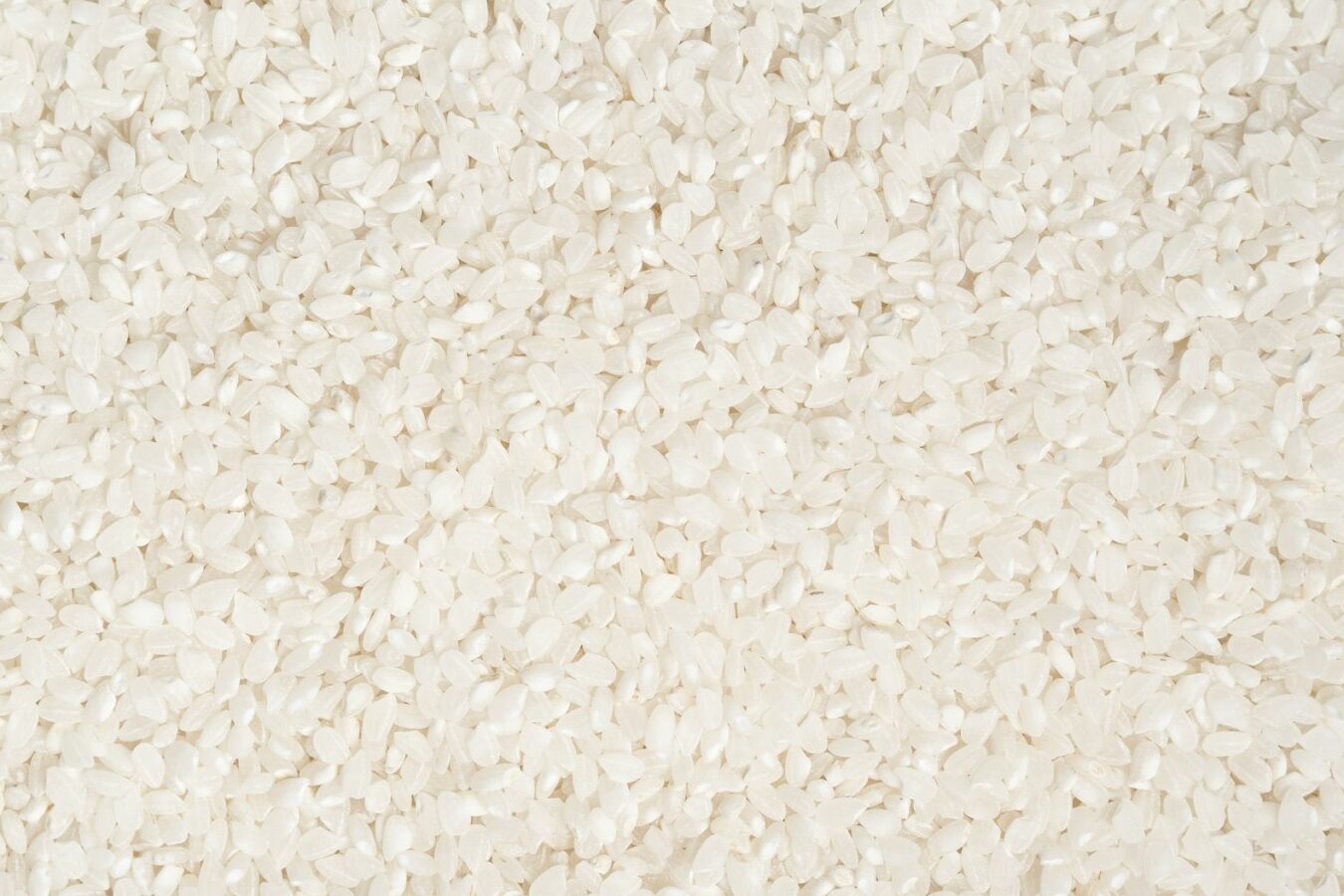
Rice
All rice varieties, including brown, white, and wild rice, are naturally vegan and dairy-free. It’s a versatile food item that can be included in numerous dishes. Like other foods, beware of flavored or instant versions containing non-vegan or dairy-containing additives.
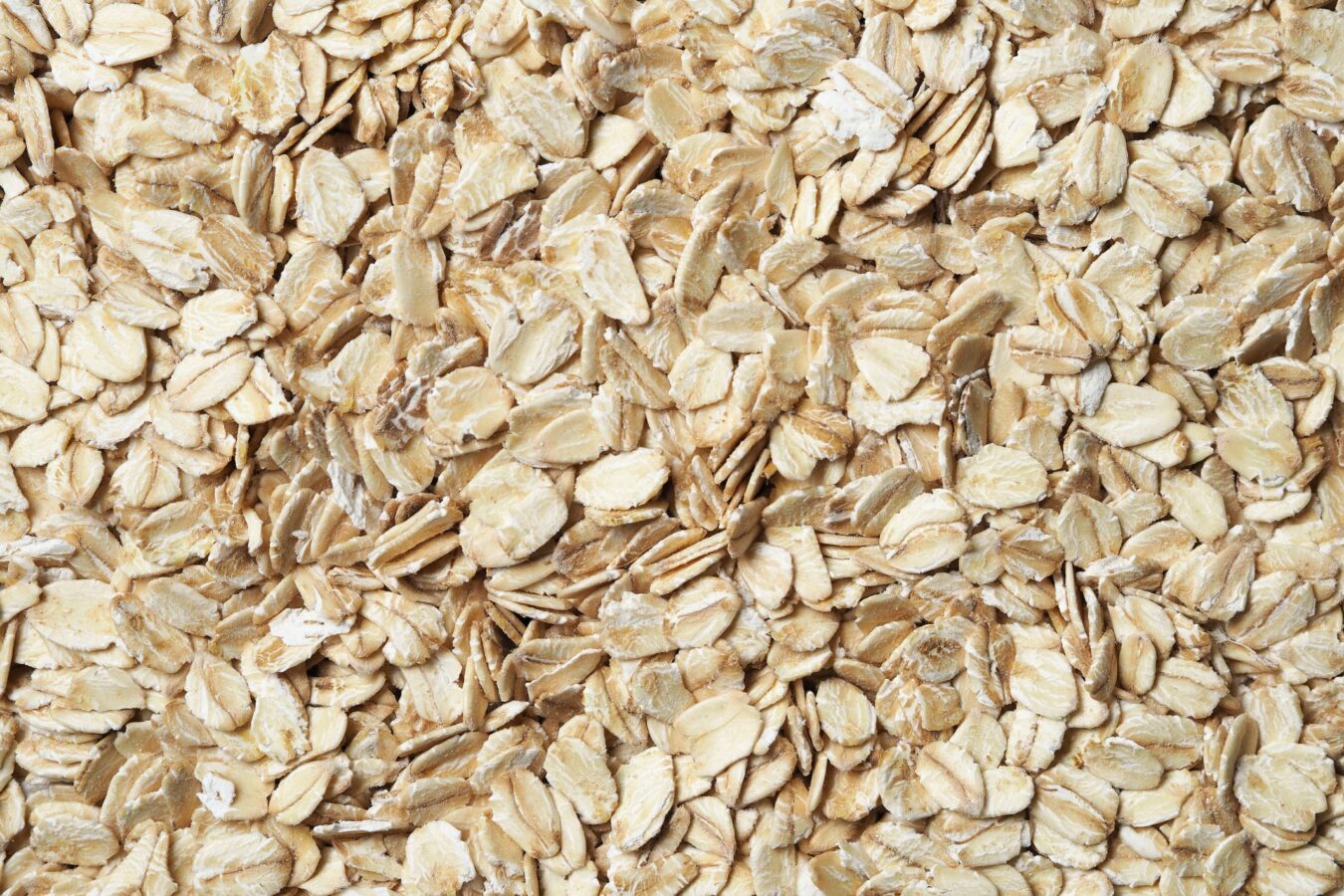
Whole Grains
All whole grain varieties naturally vegan and dairy-free. It’s a versatile food item that can be included in numerous dishes. Like other foods, beware of flavored or instant versions containing non-vegan or dairy-containing additives.
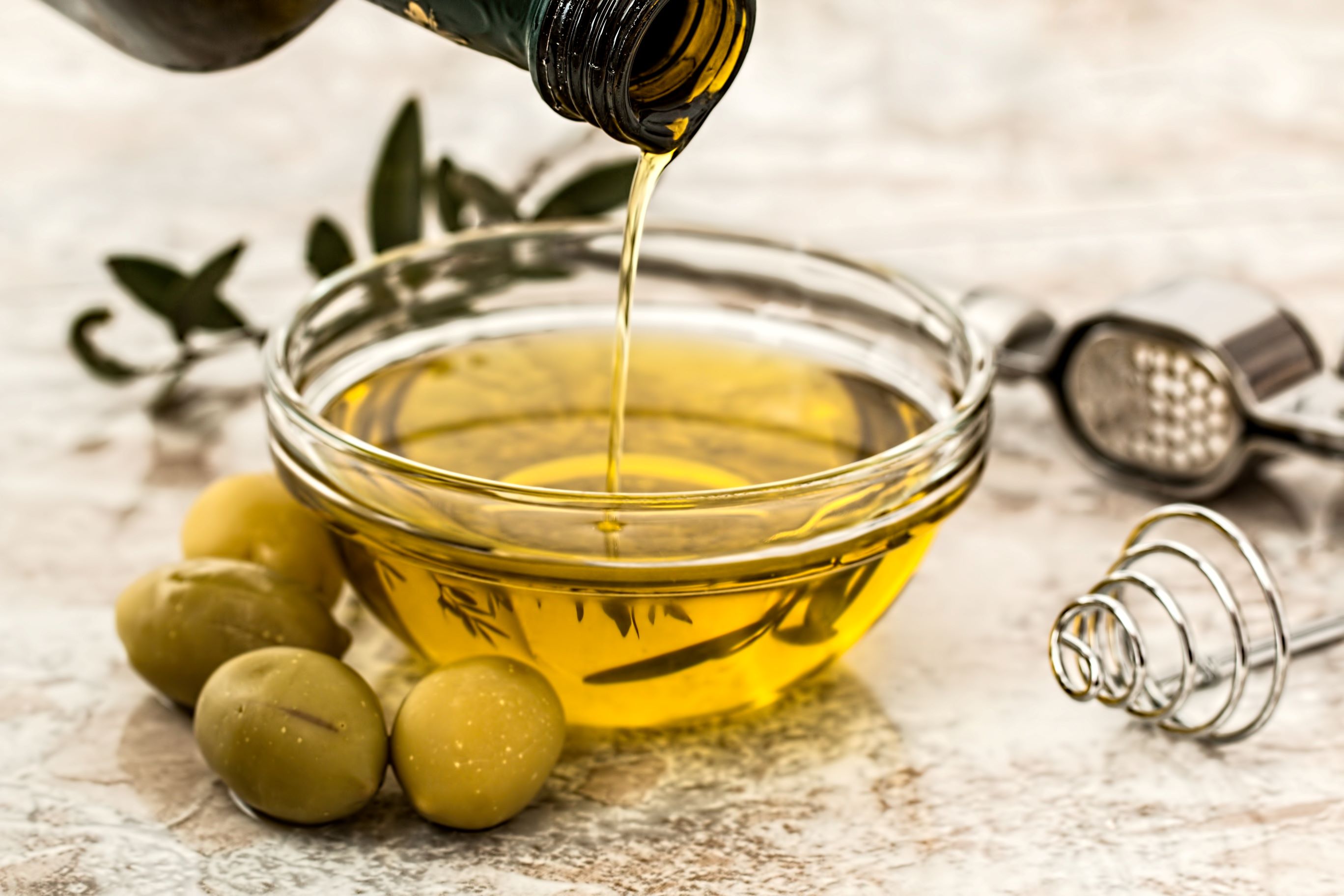
Plant-Based Oils
Plant-based oils like olive oil, canola oil, and peanut oil are both vegan and dairy-free. Use them freely in dishes, from a staple ingredient, to using just a touch to get the perfect crisp on your dish.
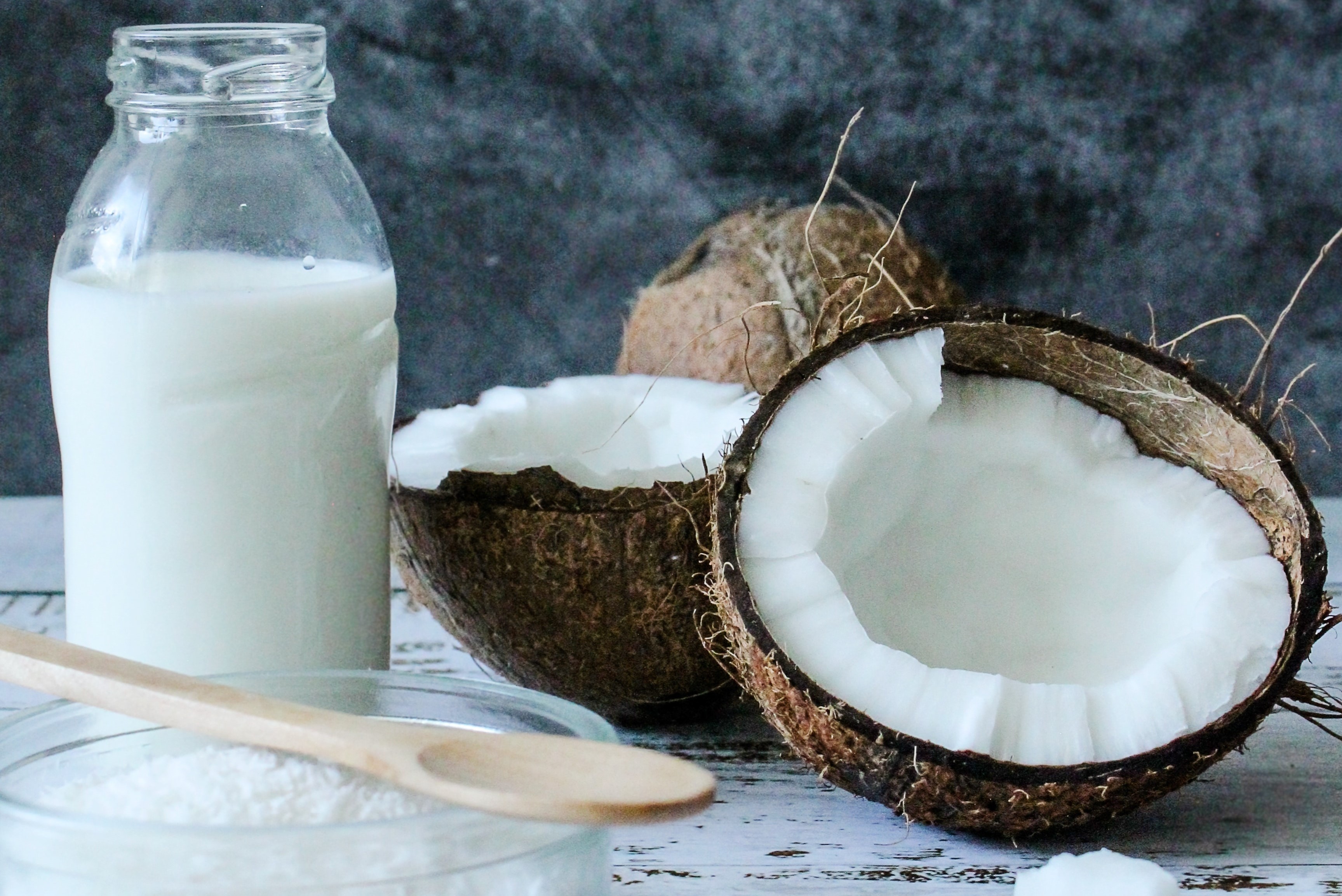
Plant-Based Milk
Plant-based milk such as coconut milk, almond milk, oat milk and soy milk are all vegan and dairy-free!
Understanding Dairy-Free Diets
As the name suggests, the dairy-free diet avoids all products derived from animal milk. This includes obvious items like milk, cheese, yogurt, ice cream, and butter, but also less apparent foods containing dairy ingredients, such as many breads, biscuits, chocolates, and even some chips.
The reasons for following a dairy-free diet can vary. Some individuals choose this path due to lactose intolerance or milk allergies, while others might be motivated by health reasons or personal preference. In some cases, people may avoid dairy due to concerns over the dairy industry’s environmental impact or animal welfare issues.
While a dairy-free diet excludes all dairy products, it does not automatically rule out other animal products. Those on a dairy-free diet might still consume meat, eggs, and honey, distinguishing this diet from veganism.
Although avoiding dairy might seem restrictive, many dairy-free alternatives are available today. Plant-based milks (soy, almond, oat, rice, etc.), dairy-free cheese alternatives, vegan butters, and dairy-free ice creams are all common items in a dairy-free diet.
It’s important to remember that just because a product is dairy-free doesn’t mean it’s inherently healthier. Always read labels carefully to ensure your dairy-free foods align with your other dietary goals.
What is dairy?
Dairy products, by definition, are products made from milk. These include things like milk, butter, cheese, cream, and yogurt.
Where does dairy come from?
Dairy comes from milk, which most commonly comes from cows, but can also come from sheep, or goats.
Where to look to avoid dairy
To ensure a diet remains dairy-free, careful attention must be given to food labels, ingredient lists, and, when dining out, allergen lists.
Food Labels
Check the product packaging for labels like “100% Vegan,” “Certified Vegan,” or “Suitable For Vegan” to ensure they are free from animal products. “Dairy-Free” or “Lactose-Free” labels also indicate a product is suitable for those on a dairy-free diet.
Ingredients Statement
Reading the ingredients list on food packaging is essential. Look out for milk-derived ingredients like whey, casein, and lactose. Also, be aware of the statement “may contain milk,” which indicates potential cross-contamination.
Allergens List
Request for an allergens list before dining out. Milk is one of the eight major allergens recognized by the Food & Drug Administration, so restaurants should be able to provide information about potential allergens in their dishes.
Common dairy-free foods
- Fruits and Vegetables: All are naturally dairy-free.
- Meats and Fish: Ensure they’re not breaded or battered with dairy. (NOT VEGAN)
- Rice: All forms are dairy-free.
- Quinoa: This grain-like seed is a fantastic dairy-free source of protein.
- Grains: Including wheat, buckwheat, corn, amaranth, arrowroot, millet, and tapioca.
- Legumes: Beans, lentils, and peas are dairy-free.
- Nuts and Seeds: All are naturally dairy-free.
- Plant-based Oils and Vinegar: Naturally dairy-free.
Understanding Vegan Diets
The vegan diet excludes all animal products, like eggs, meat, dairy, honey, and any other ingredients derived from animals.
It is a subset of vegetarianism and is defined by its adherence to plant-based foods exclusively. This commitment to avoid animal-derived products extends to non-food products, such as leather, fur, and cosmetics tested on animals.
Common vegan foods
- Fruits and vegetables: All fruits, vegetables, and berries.
- Legumes: Beans, lentils, chickpeas, peas, etc.
- Nut butter and nuts: Almonds, walnuts, cashews, macadamia nuts, peanut butter, almond butter, etc.
- Seeds: Chia seeds, flaxseeds, hemp seeds, etc.
- Grains: Quinoa, rice, oats, buckwheat, sorghum, amaranth, corn, barley, wheat, triticale, etc.
- Plant-based proteins: Tofu, tempeh, seitan, etc.
- Plant-based milk: Almond milk, soy milk, rice milk, oat milk, etc.
- Plant-based oils: Olive oil, coconut oil, avocado oil, etc.
- Herbs, spices, and other flavorings: All herbs and spices, nutritional yeast, soy sauce, vinegar, etc.
Can a vegan diet be dairy-free?
A vegan diet is absolutely dairy-free. There is no inherent conflict between these two dietary styles.
While vegan diets exclude all animal products, a dairy-free diet removes all foods containing dairy. A person can certainly follow a diet that is both vegan and dairy-free, avoiding all animal products, including dairy.
Dairy-Free Foods That Are Not Vegan
When following a vegan diet, it’s crucial to avoid all foods that contain animal-derived ingredients. All of the following foods are fine for a dairy-free diet as long as they are prepared with no additional dairy-containing ingredients.
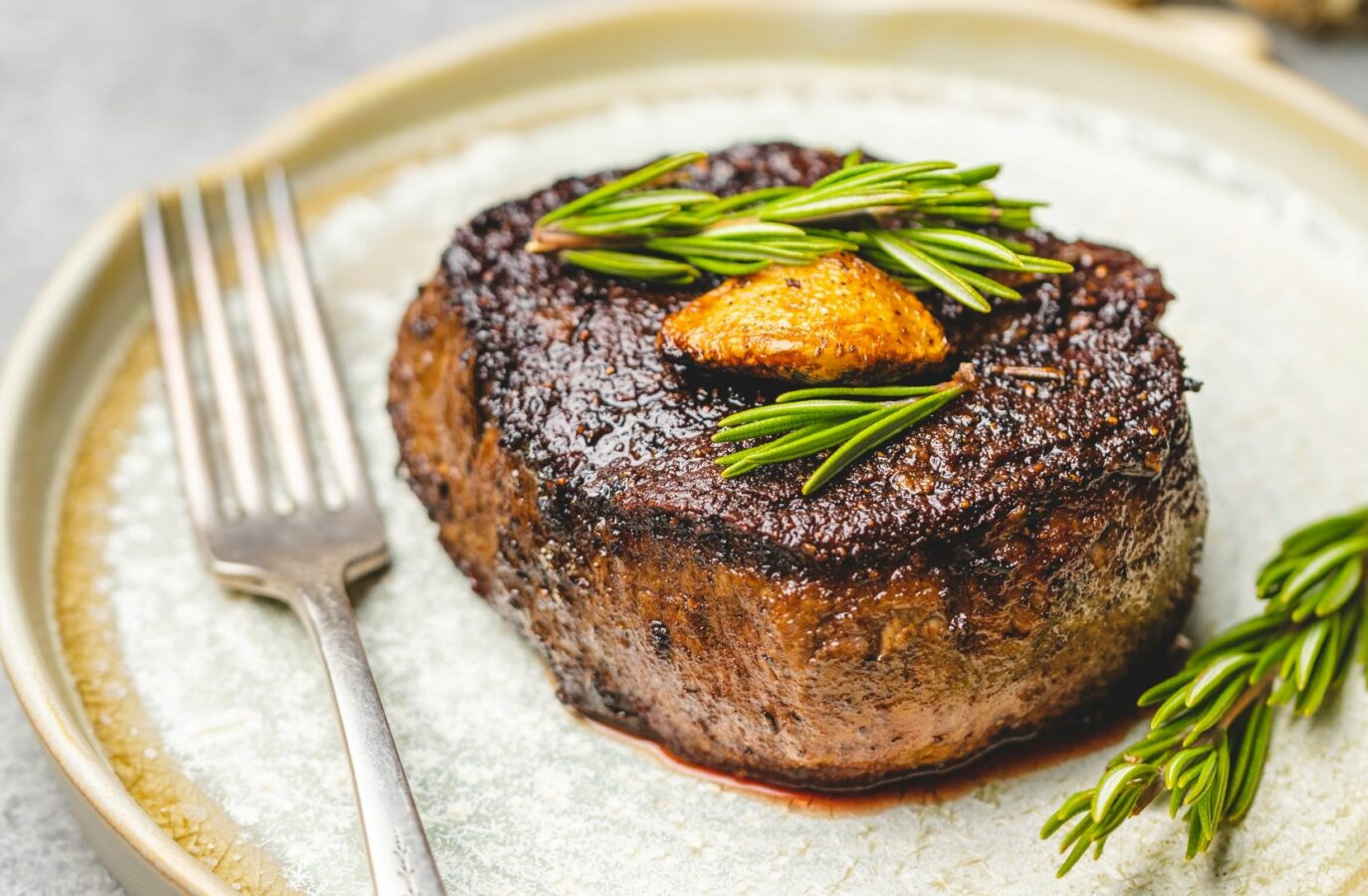
Meat
Beef, pork, lamb, horse, veal, organ meat, chicken, wild meat, turkey, duck, goose, quail, etc.
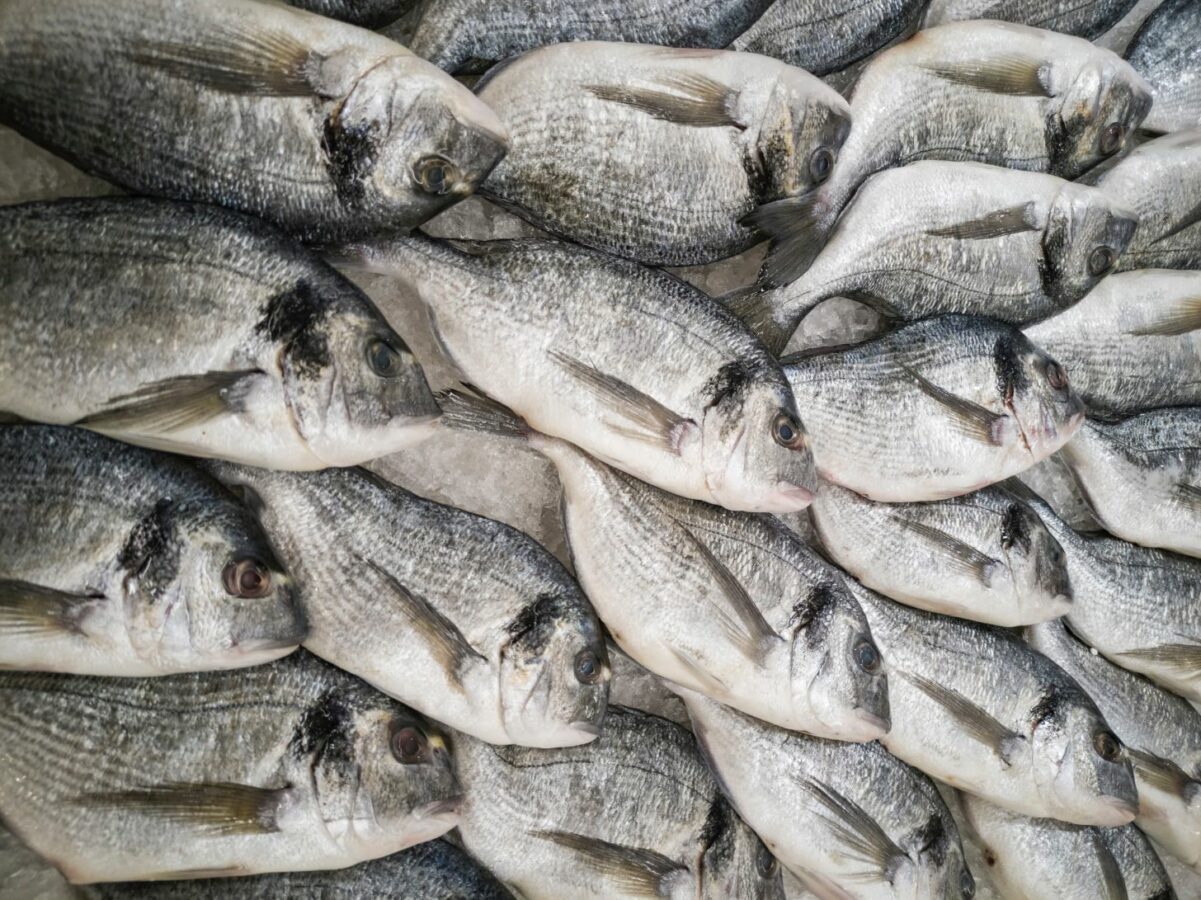
Seafood and Fish
All fish types, anchovies, squid, shrimp, calamari, scallops, crab, mussels, lobster, etc.
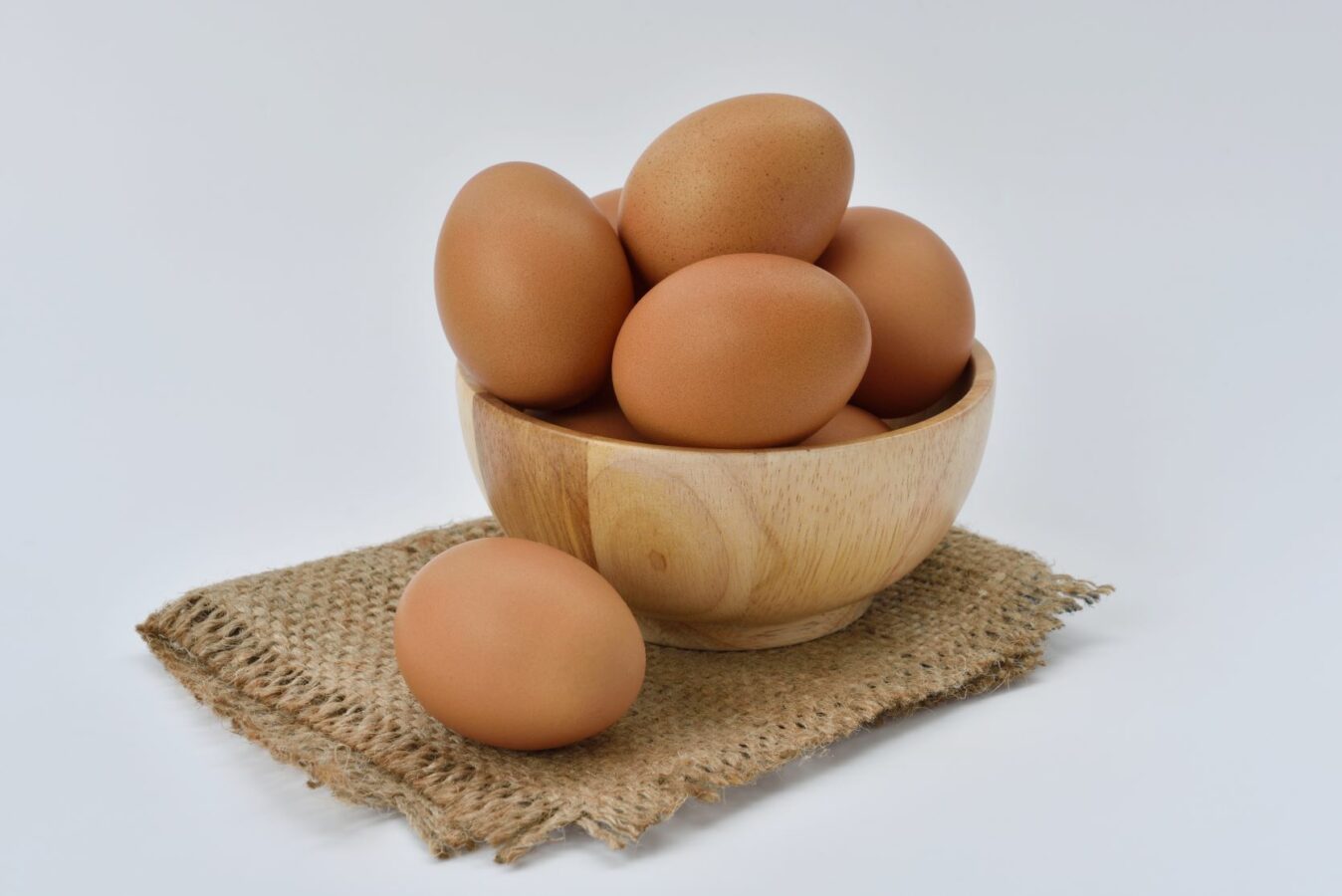
Eggs
From fish, chickens, ostriches, quails, etc.
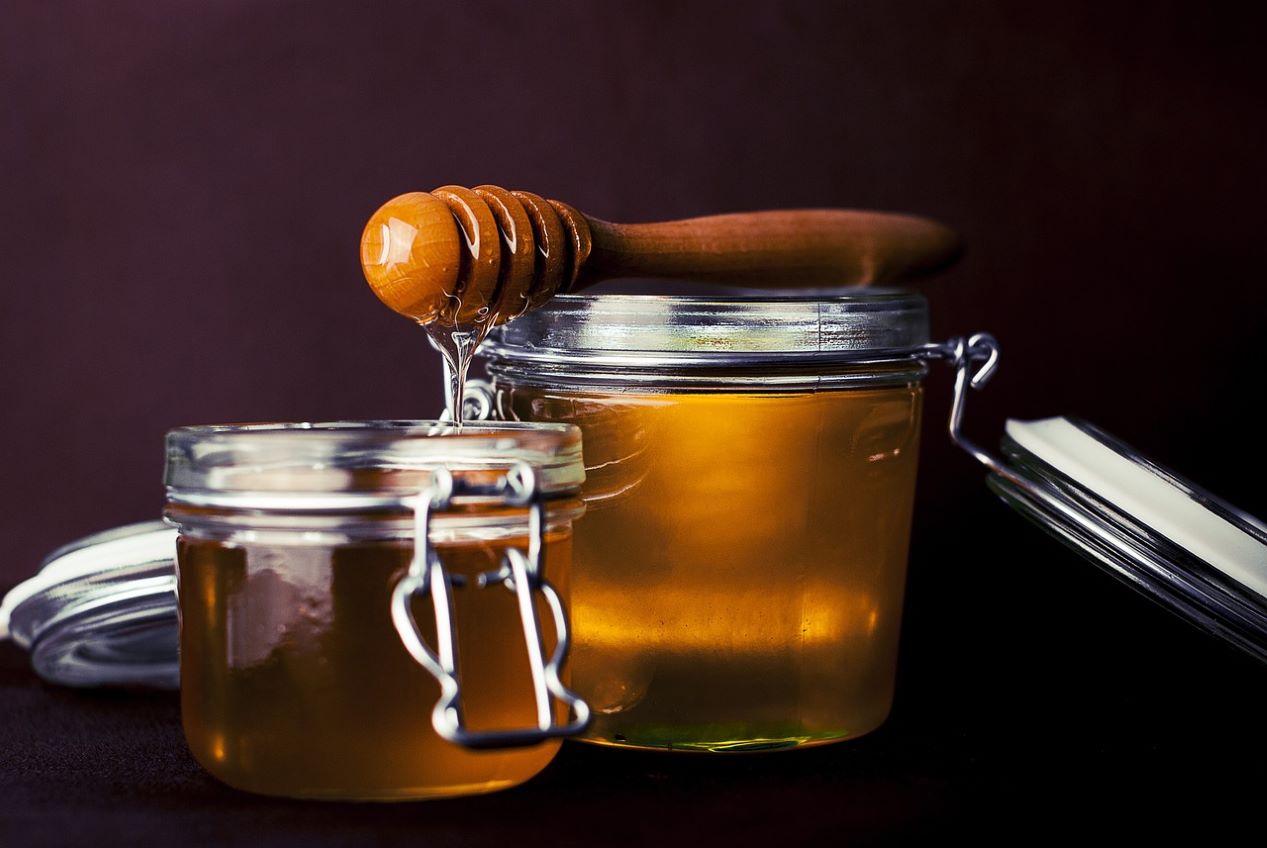
Bee products
Bee pollen, honey, royal jelly, etc.
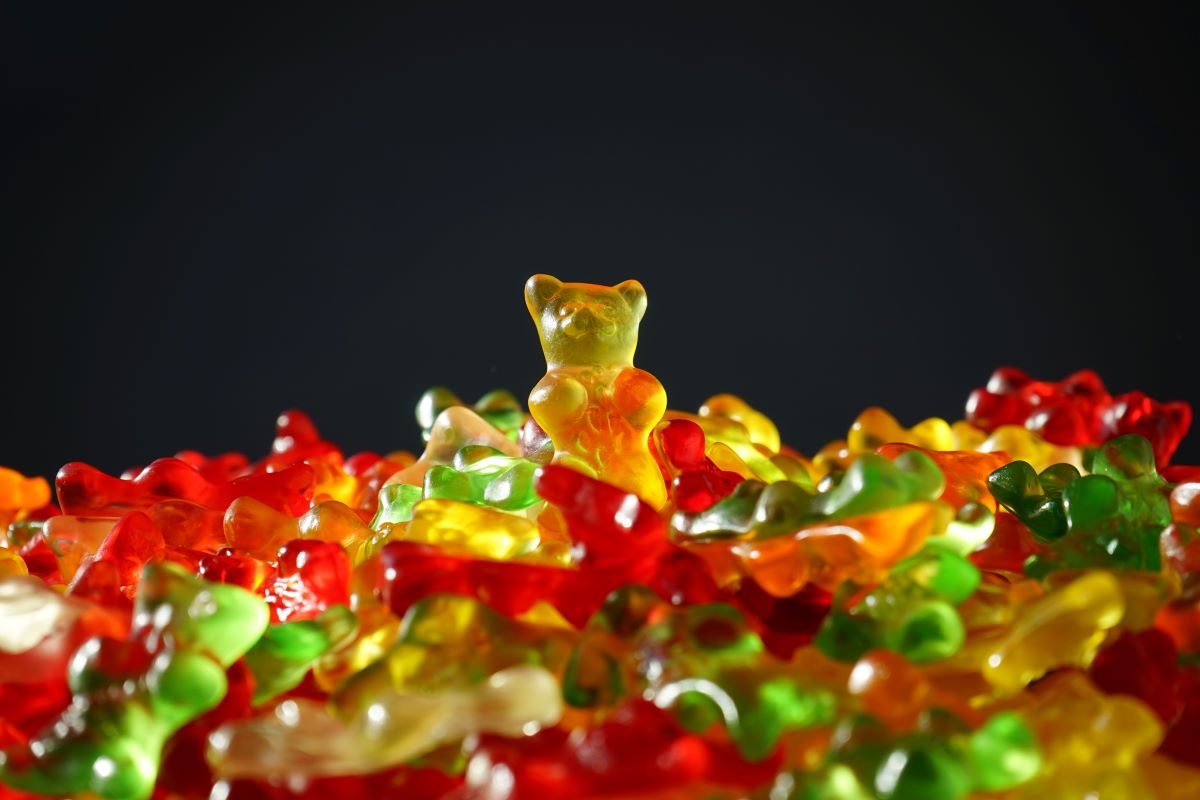
Ingredients from animals
Egg white albumen, shellac, gelatin, cochineal or carmine, L-cysteine, animal-derived vitamin D3, and many others.
FAQ
Does Plant-Based Mean Dairy-Free?
Not necessarily. While a plant-based diet emphasizes foods derived from plants, it might still include animal products in small amounts, including dairy.
Is Ice Cream Vegan?
Traditional ice cream, made with dairy, is not vegan. However, many vegan ice cream alternatives are made from almond milk, coconut milk, or soy milk.
Why Is Dairy Not Vegan?
Dairy is not vegan because it is produced from animals, specifically from the milk of mammals. Veganism excludes all animal products and by-products, which includes dairy.
